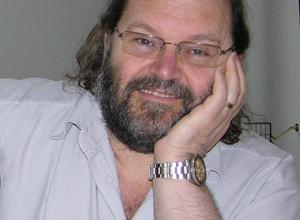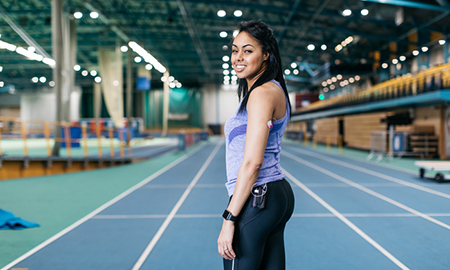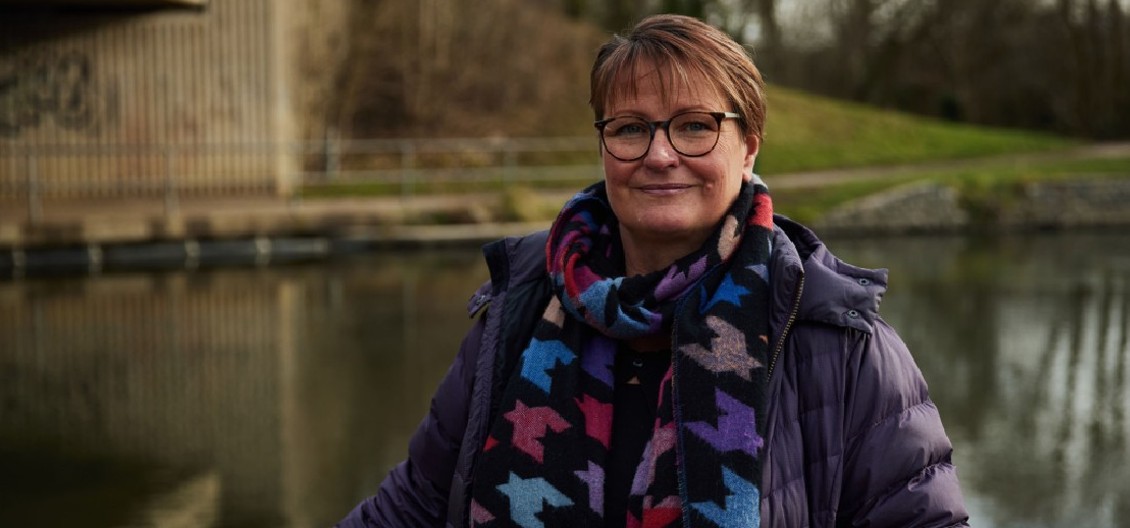
Rob Hallett
Diagnosed in 2014.
It’s tough to walk around a supermarket and decide which of the enormous kaleidoscope of foods we should be eating.
Following an injury to his back, Rob became a lot less active and was told he had prediabetes – which then developed into a diagnosis of type 2 diabetes. After his daughter was diagnosed with type 2 they’ve been supporting each other with making healthier lifestyle choices.



